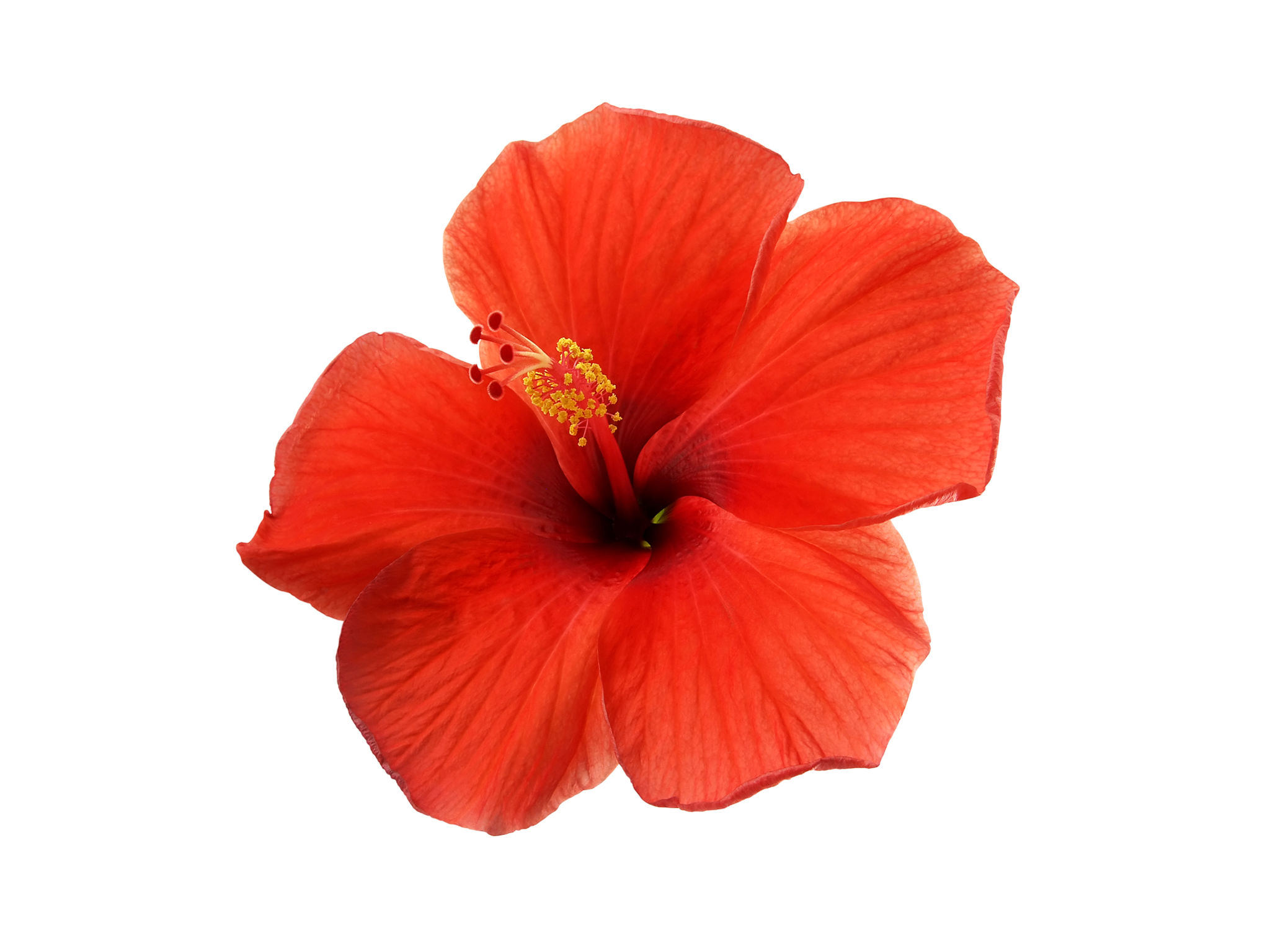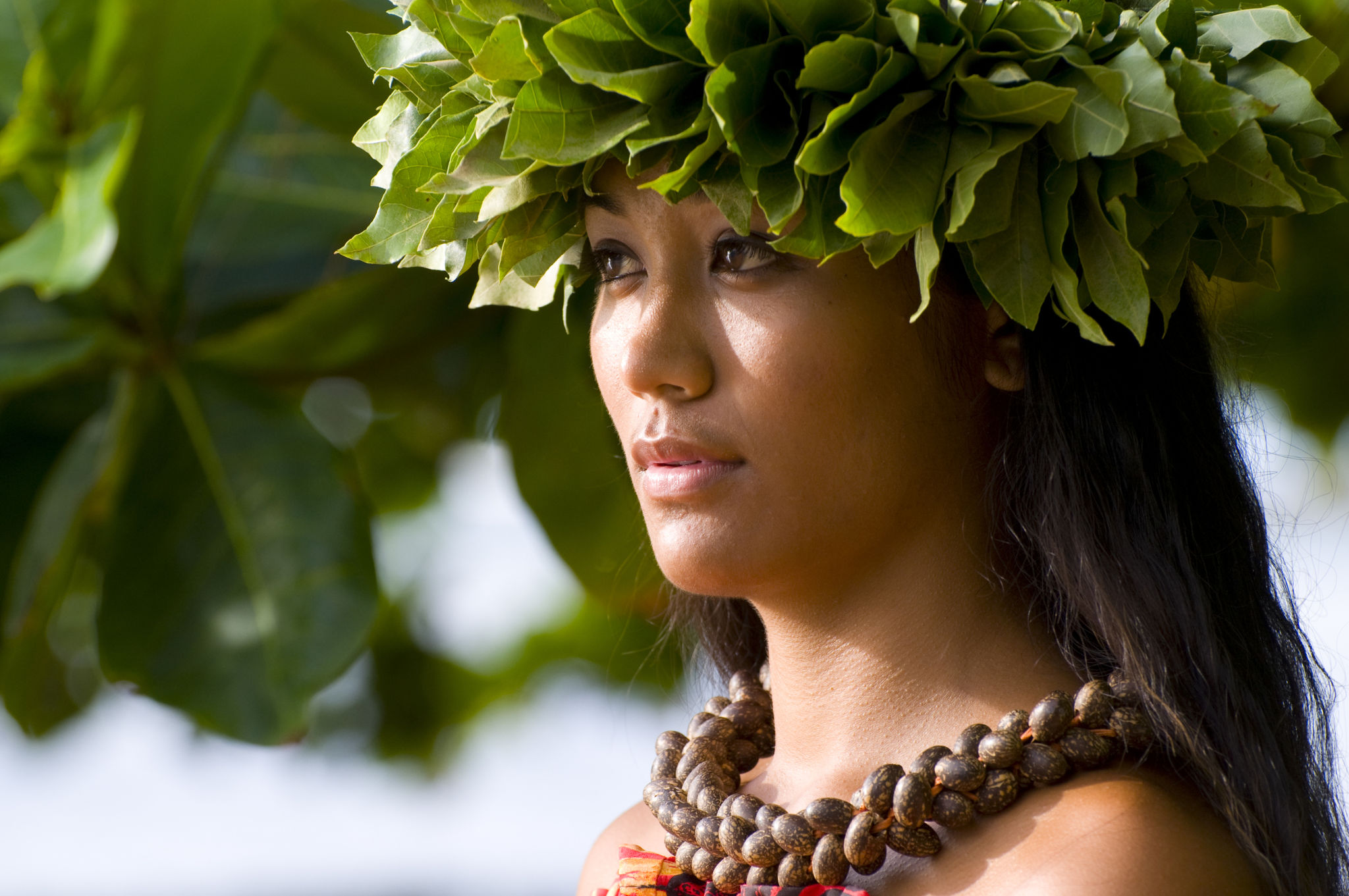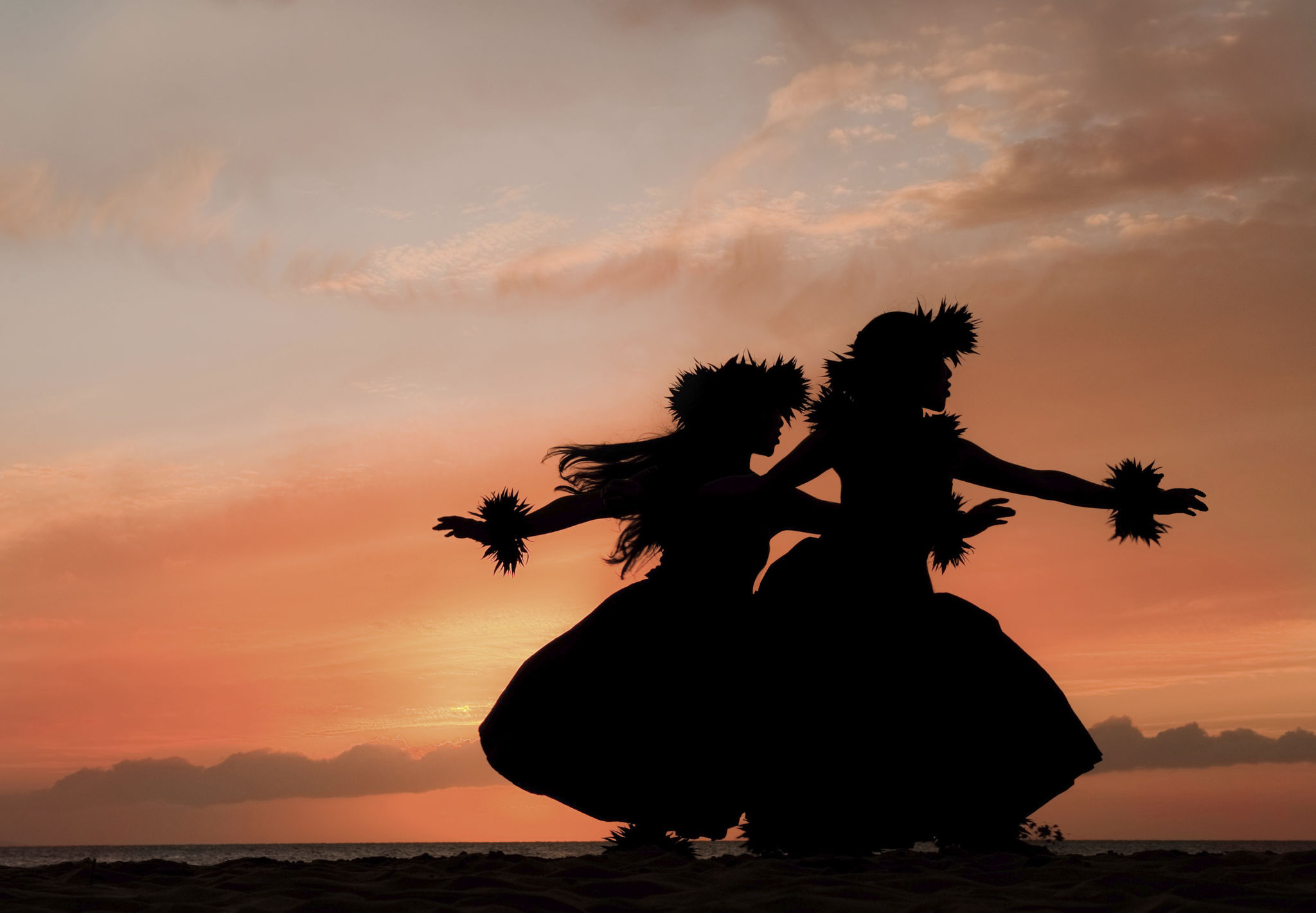Exploring Hawaiian Cultural Documentaries: A Journey Through Storytelling
MA
The Power of Hawaiian Cultural Documentaries
Hawaiian cultural documentaries serve as a window into the rich tapestry of Hawaii's history, traditions, and lifestyle. These films are more than just visual stories; they are a preservation of heritage and a way to educate and inspire future generations. By capturing the essence of Hawaiian culture, these documentaries offer viewers a chance to experience the islands' unique way of life from anywhere in the world.
The storytelling in these documentaries is both powerful and poignant, often diving deep into the lives of native Hawaiians. Through interviews, archival footage, and breathtaking visuals, filmmakers weave narratives that highlight the resilience, traditions, and love for the land that defines Hawaiian culture.

Key Themes in Hawaiian Documentaries
One prominent theme in Hawaiian documentaries is the connection between the people and their land. This relationship is reflected in practices such as taro farming and traditional fishing, which are not only methods of sustenance but also integral parts of cultural identity. Filmmakers often emphasize how these practices are passed down through generations, keeping the spirit of aloha alive.
Another theme explored is the impact of colonization and modernization on Hawaiian society. Documentaries frequently address the struggles faced by native communities in maintaining their language, traditions, and autonomy in a rapidly changing world. These films serve as a call to action, encouraging viewers to support efforts in preserving Hawaii's cultural heritage.

Notable Documentaries Worth Watching
Several documentaries stand out for their insightful portrayal of Hawaiian culture. One such film is "The Hawaiian Kingdom," which delves into the history of Hawaii's monarchy and its eventual overthrow. Another is "Kumu Hina," a powerful story about a transgender native Hawaiian teacher and cultural icon who inspires her students through traditional dance and values.
Additionally, "Nā Kamalei: The Men of Hula" offers a unique look at how men are reclaiming hula dancing as an expression of cultural pride. These films not only entertain but also educate audiences about the intricacies of Hawaiian customs and the ongoing challenges faced by native communities.

The Role of Filmmakers and Storytellers
Filmmakers play a crucial role in capturing and conveying the spirit of Hawaii. Many choose to collaborate with local communities to ensure authenticity in their storytelling. By prioritizing indigenous voices and perspectives, these filmmakers provide an accurate representation of Hawaiian life and values.
The dedication of these storytellers is evident in their commitment to showcasing not just the beauty of Hawaii's landscapes but also the depth of its culture. Their work contributes significantly to raising awareness about issues affecting native Hawaiians and inspires viewers to engage with these topics meaningfully.
The Future of Hawaiian Cultural Documentaries
As interest in cultural documentaries grows, so too does the potential for new stories to be told. Emerging filmmakers are exploring innovative ways to share Hawaii's narratives, utilizing technology like virtual reality to create immersive experiences. This evolution in storytelling offers exciting opportunities for audiences to connect with Hawaiian culture on a deeper level.
Ultimately, Hawaiian cultural documentaries will continue to play a pivotal role in preserving the islands' heritage. By supporting these films and the filmmakers behind them, we can contribute to the ongoing effort to honor and celebrate Hawaii's rich cultural legacy.